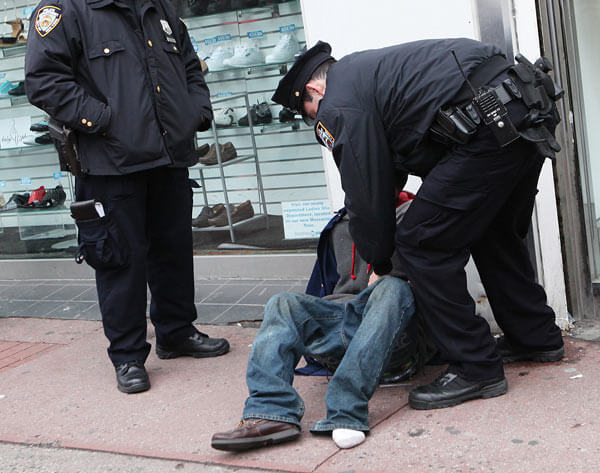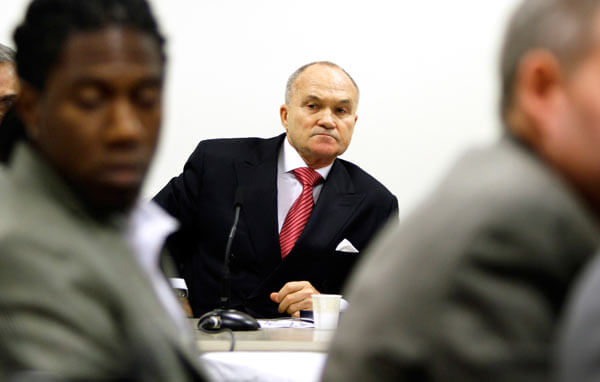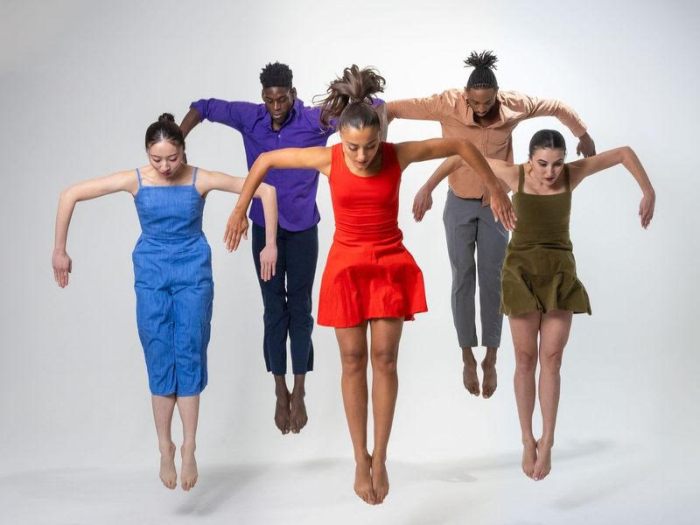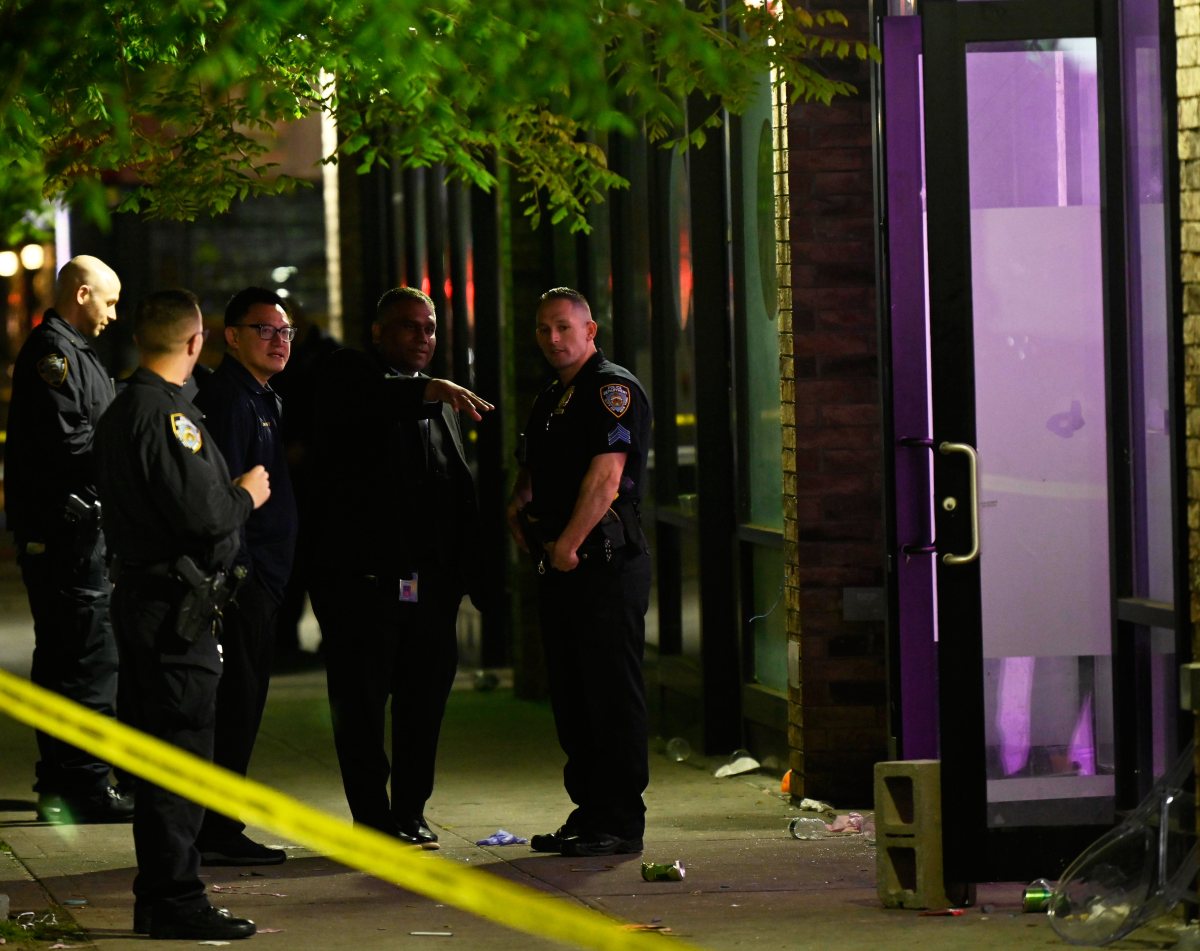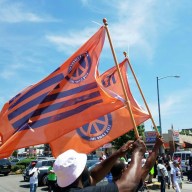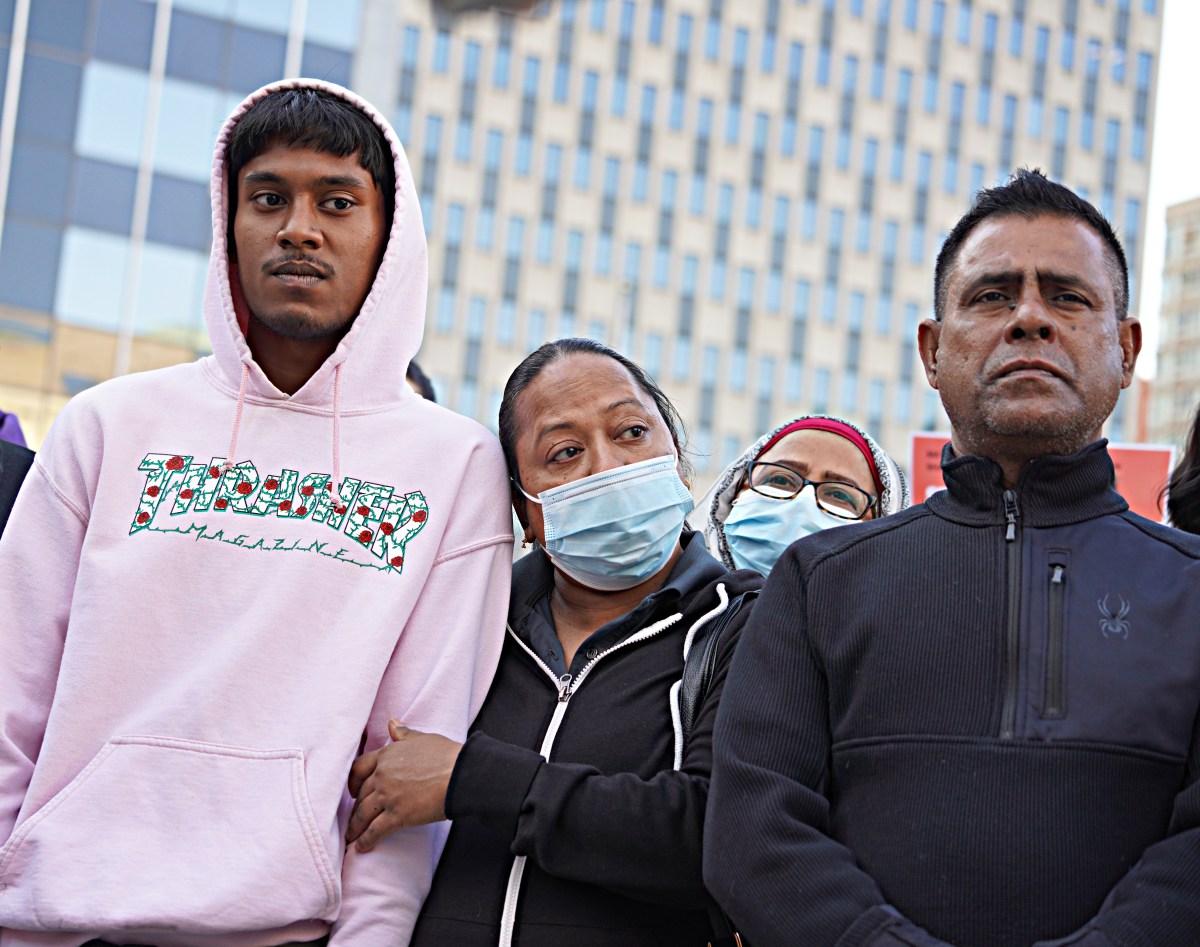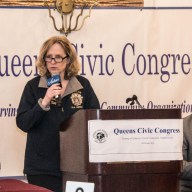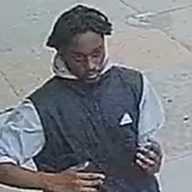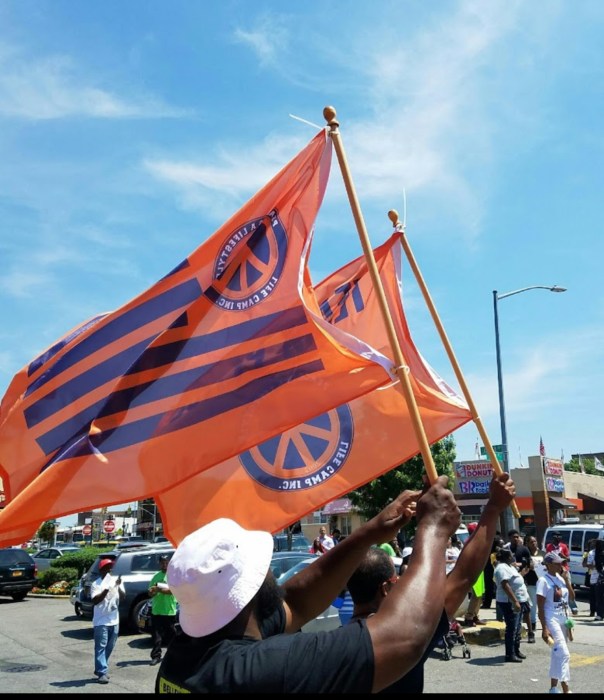By Rich Bockmann
A Manhattan federal judge overseeing two lawsuits challenging the NYPD’s stop-and-frisk policies issued an opinion Tuesday that for the first time during the Bloomberg administration found the controversial police practices to be unconstitutional.
The Police Department’s stop-and-frisk practices have been the target of vehement criticism in Queens neighborhoods such as Jackson Heights, Corona, Jamaica and South Jamaica, which have some of the highest incidences throughout the city.
Judge Shira Scheindlin’s opinion came out of a lawsuit filed by the New York Civil Liberties Union challenging stops made in the Bronx under the NYPD’s Operation Clean Halls program, under which owners of private buildings can request NYPD officers to patrol their grounds.
Citing testimony from people stopped, expert analysis of NYPD statistics and evidence provided by the Bronx district attorney’s office, Scheindlin found that the NYPD had a widespread practice of making unlawful stops outside the Bronx buildings that violated Fourth Amendment rights.
“In sum, while it may be difficult to say where, precisely, to draw the line between constitutional and unconstitutional police encounters, such a line exists, and the NYPD has systematically crossed it when making trespass stops outside TAP buildings in the Bronx,” she wrote in her 157-page opinion.
Police Commissioner Ray Kelly said the judge’s decision unnecessarily interfered with the NYPD’s efforts to keep the buildings safe.
“Some may take for granted the safety provided by doormen who routinely challenge visitors to their apartment buildings. Through ‘Clean Halls,’ the police have worked to provide a modicum of safety for less prosperous tenants,” he said. “Their landlords explicitly requested this extra level of protection. The NYPD is fully committed to doing so in a manner that respects the constitutional rights of residents and visitors.”
Critics claimed police were stopping people, mostly young black men, simply because they were entering or leaving buildings enrolled in the program. So tenuous were the arrests that the Bronx district attorney’s office refused to prosecute many of the alleged trespassing violations.
The judge said the testimony proved that not only did the NYPD illegally stop people but the department showed “deliberate indifference” when it came to training officers on the legal way to conduct a stop.
Based on this, she ordered the NYPD to discontinue illegally stopping people at the Bronx buildings enrolled in the program, but stopped short of ordering more wide-sweeping reliefs the plaintiffs were seeking, such as requiring the Police Department to redraft its policies and retrain officers.
“I do not take lightly the burden on defendants of altering NYPD policies and training procedures,” she wrote, explaining she would not order broader reliefs until both sides had the chance to weigh in on the appropriate scope on their possible effects at a hearing in March.
That hearing will be part of the second trial the judge is overseeing, which challenges stop-and-frisk on a broader basis.
Reach reporter Rich Bockmann by e-mail at rbockmann@cnglocal.com or by phone at 718-260-4574.

